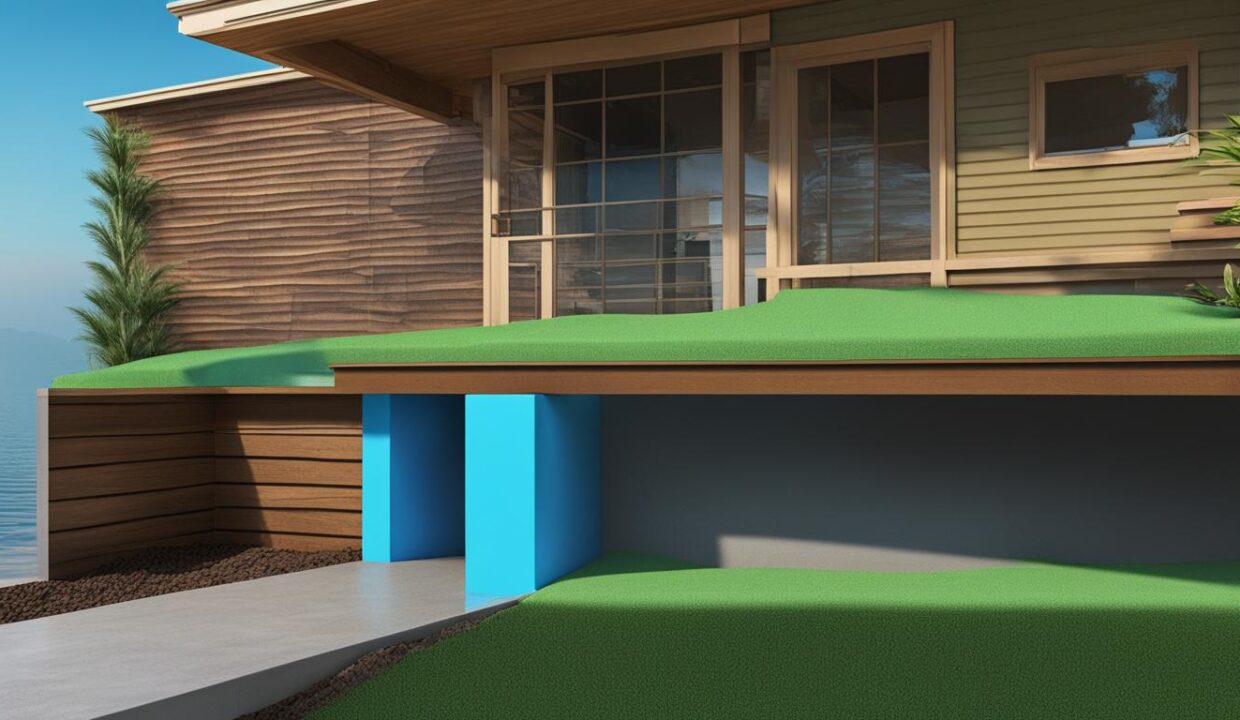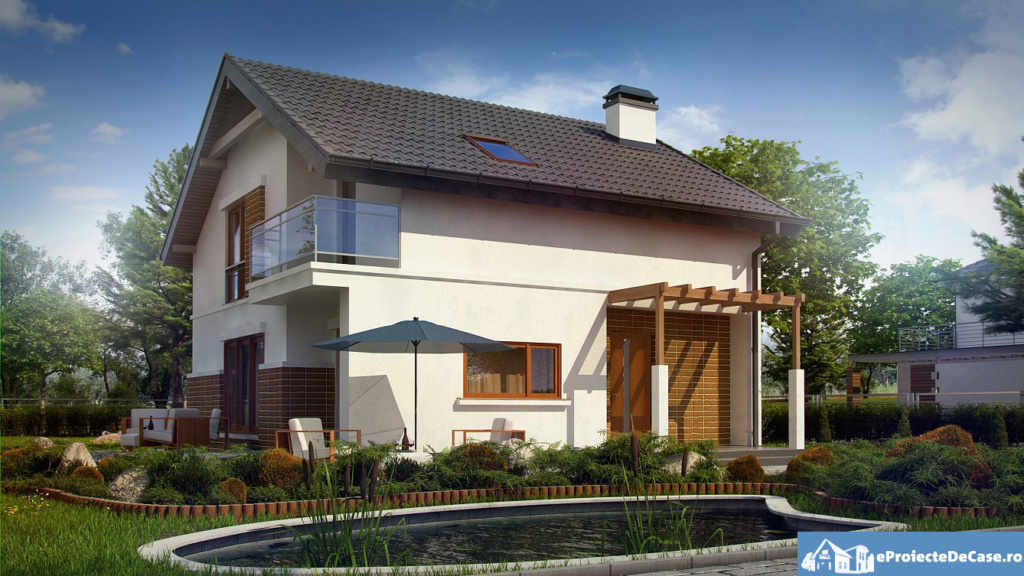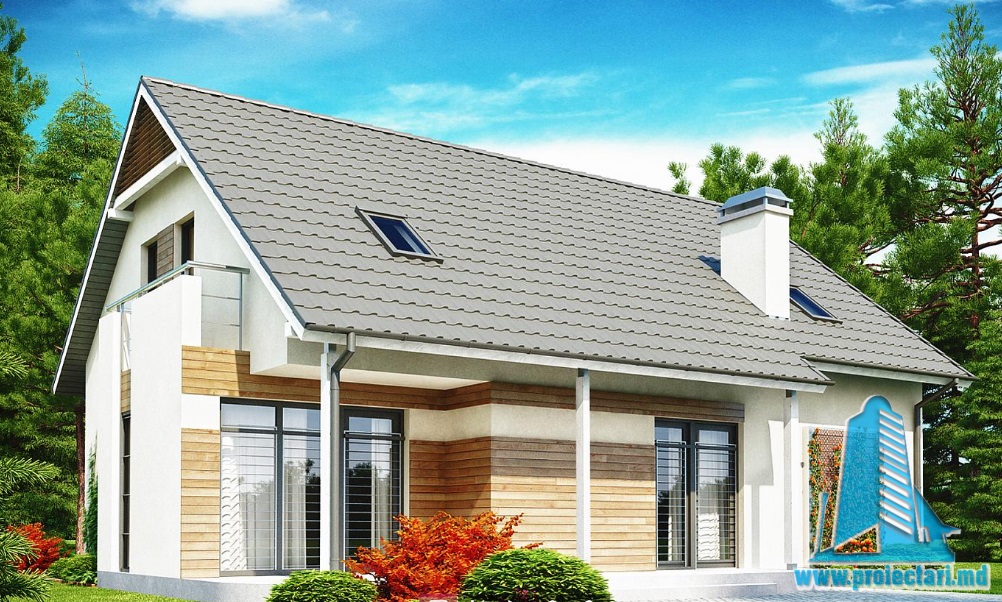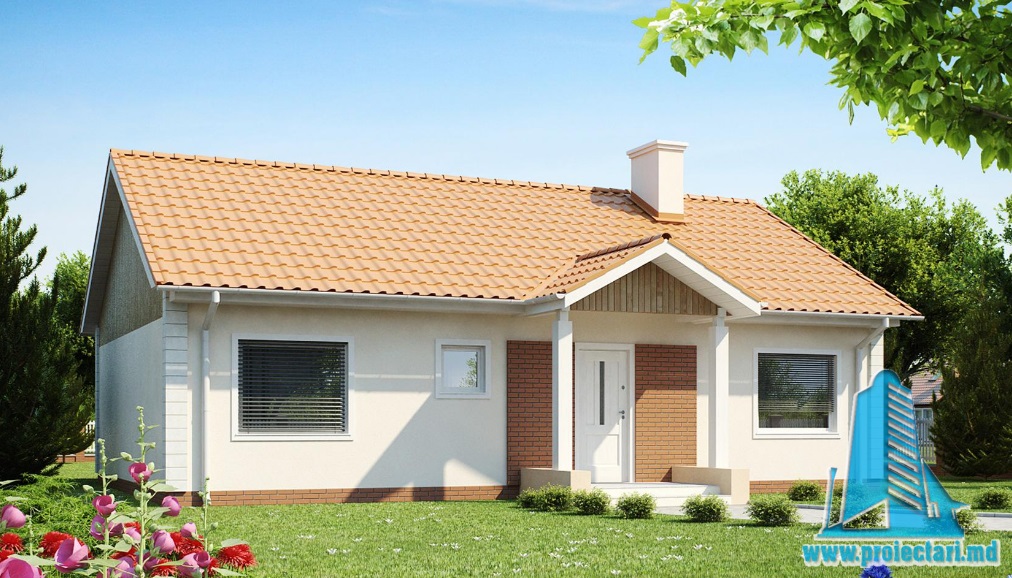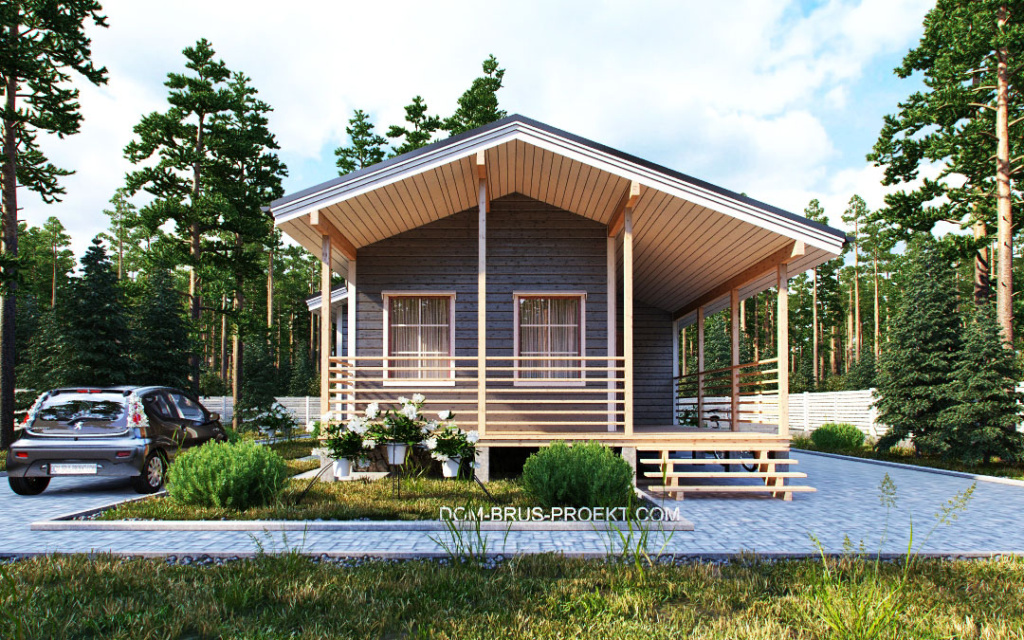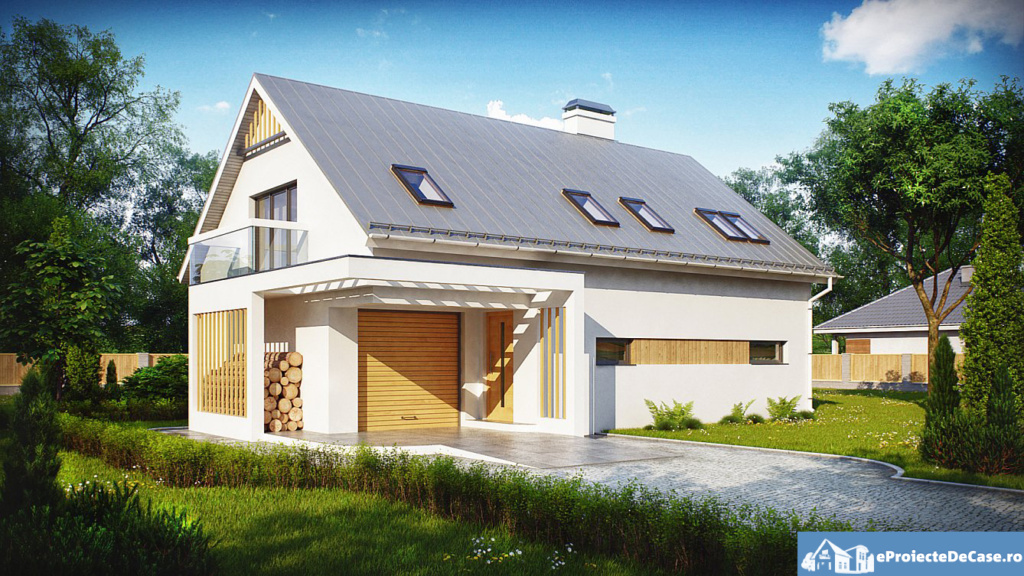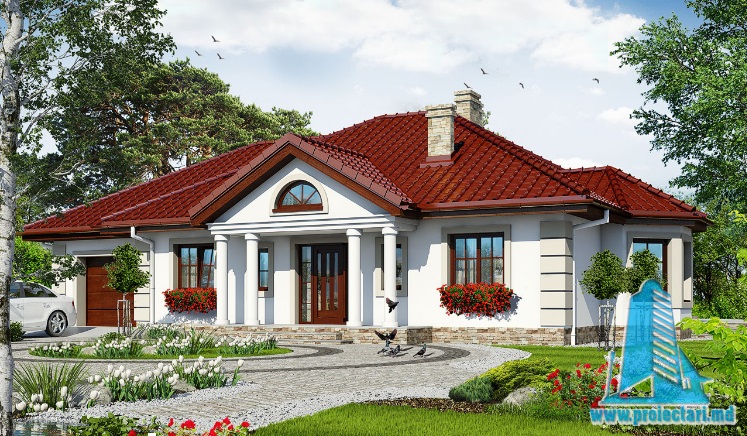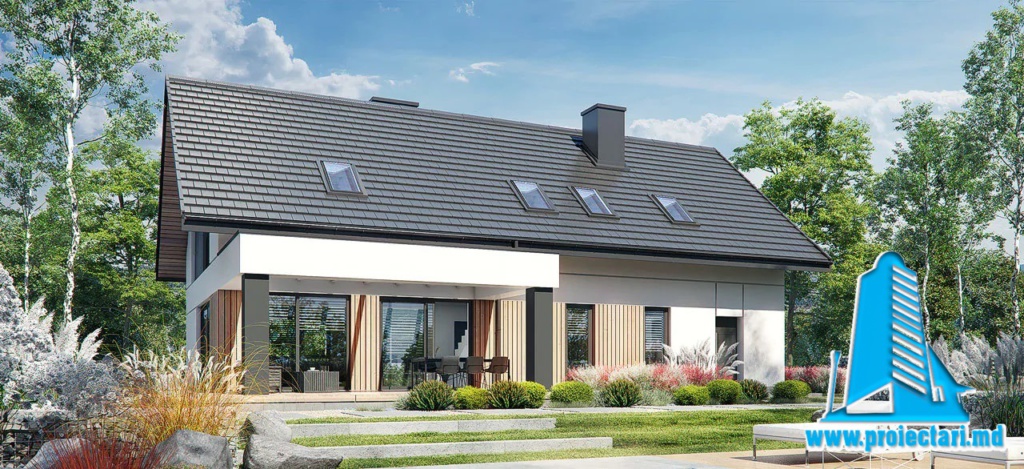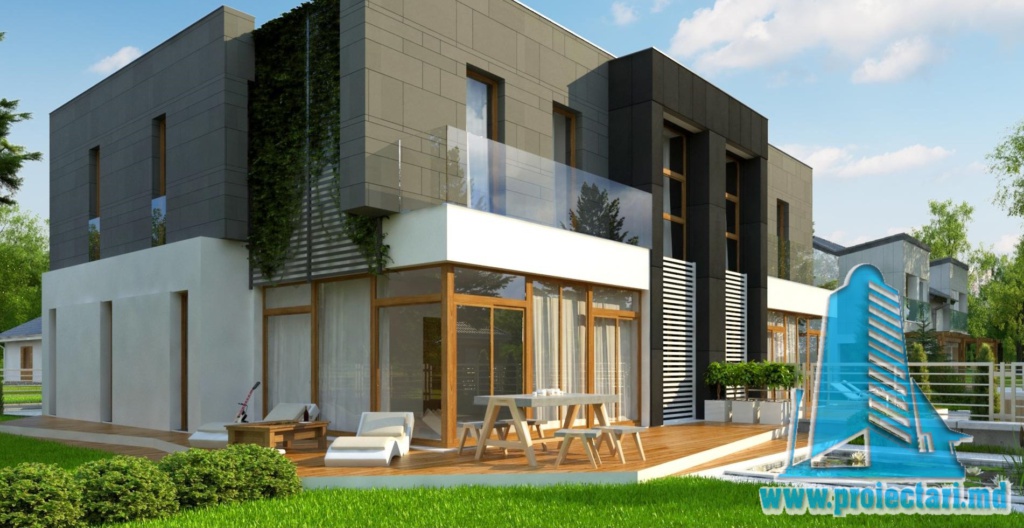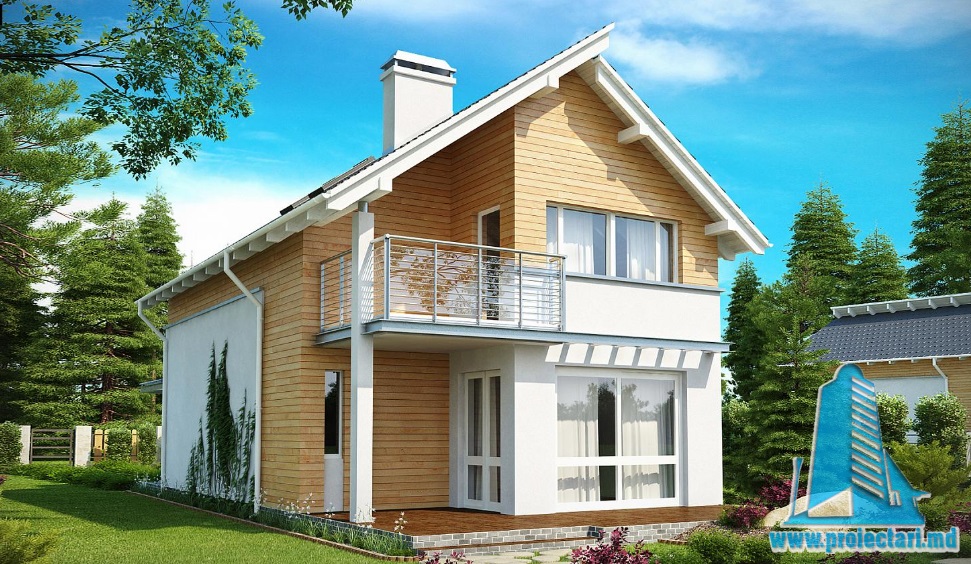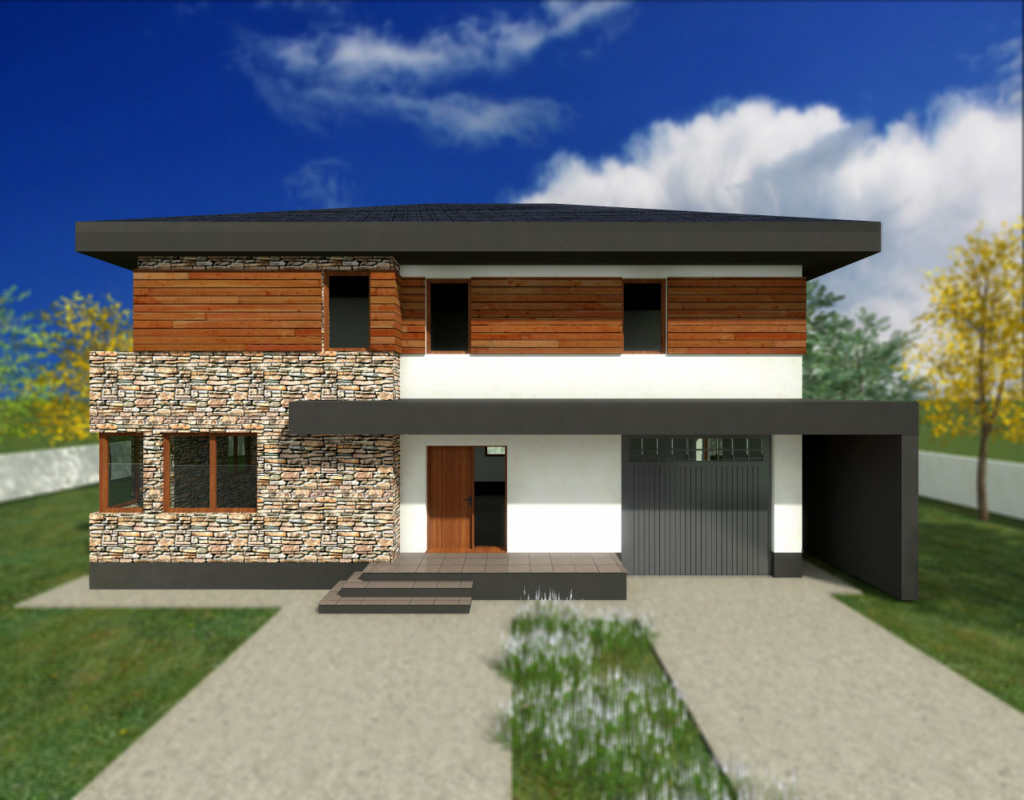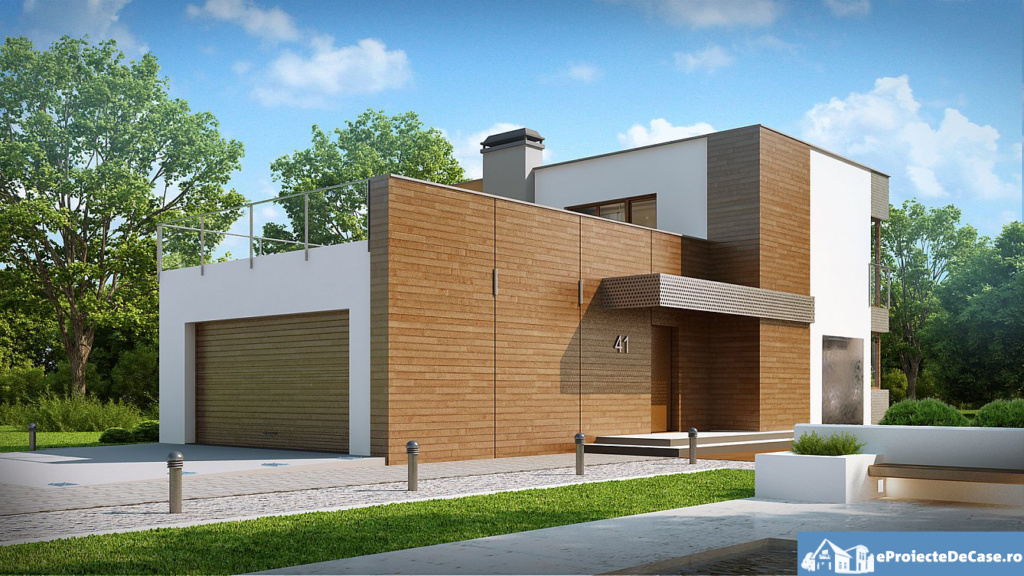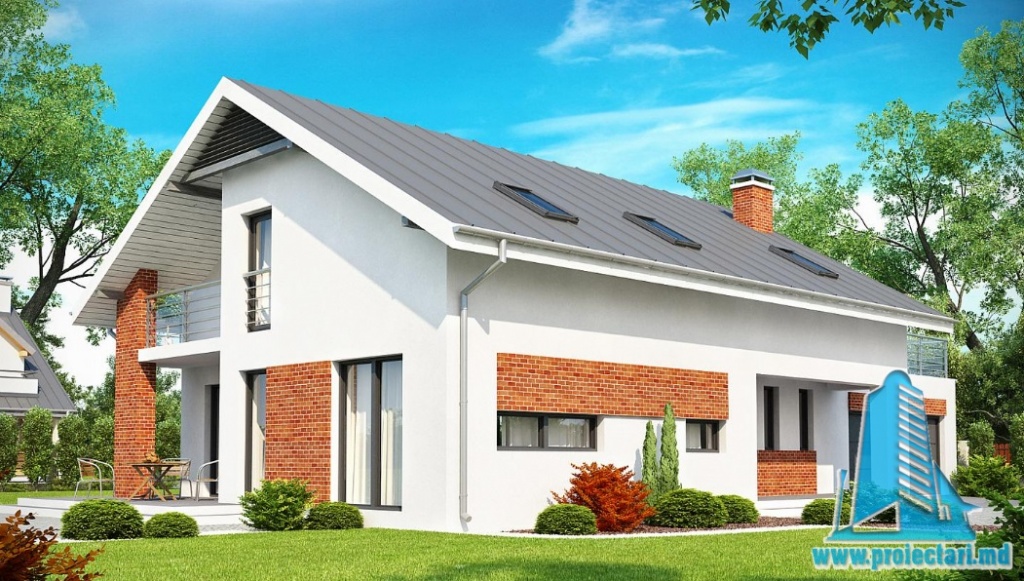If you’re a homeowner, then you know how important it is to protect your foundation from moisture. In addition to mold and unpleasant odors, water seepage into the foundation can lead to serious problems, including wall cracking and structural instability.
That’s why foundation waterproofing is a critical aspect of building and maintaining your home. Choose professional waterproofing solutions and protect your home from now on.
The key points
- Protect your home’s foundation from moisture by waterproofing it.
- Water seepage into the foundation can lead to serious problems, including wall cracking and structural instability.
- Choose professional waterproofing solutions to avoid these problems.
- Foundation waterproofing is a critical aspect of building and maintaining your home.
- Consult the experts in the field to choose the right waterproofing solution for the specific needs and characteristics of your home.
What is foundation waterproofing?
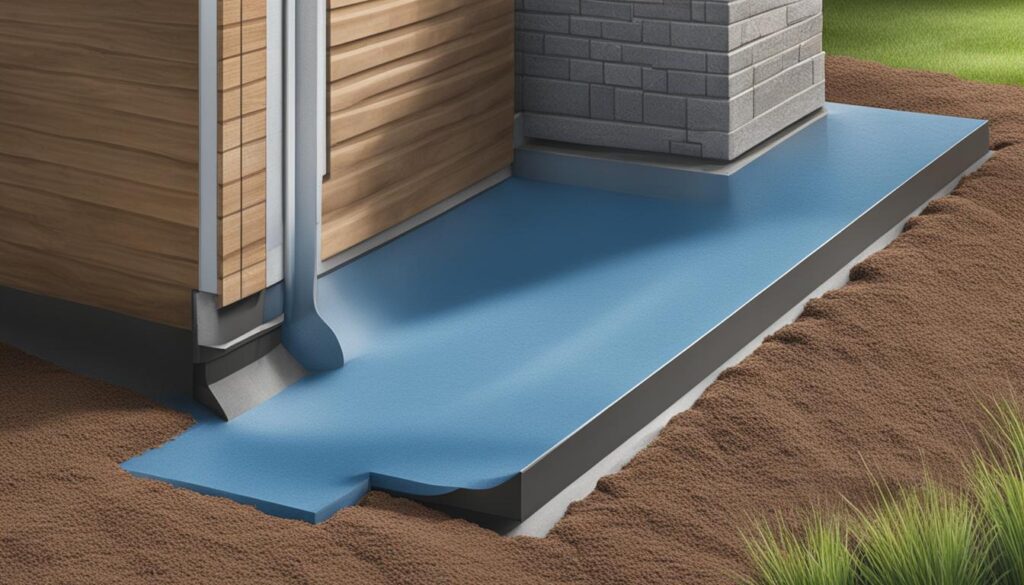
Foundation waterproofing is a process of protecting the house foundation from soil moisture. There are two main types of foundation waterproofing: basement waterproofing and perimeter waterproofing. Both are important to prevent problems caused by water infiltration into the foundation.
Waterproofing the basement involves applying a layer of waterproof material to the interior walls of the foundation. This layer prevents rainwater or ground water from seeping into the foundation and causing structural damage and moisture problems inside the home.
Perimeter waterproofing involves the application of a waterproof layer around the perimeter of the foundation. This layer prevents rainwater or ground water from seeping into the foundation through the exterior walls of the foundation. This process is important to prevent moisture from entering the home’s basement and preventing structural damage.
To decide which type of waterproofing is needed for your home, you need to consider your climate zone, water table, local humidity and the geology of the land. Consulting a waterproofing specialist can help determine the best solutions for your home’s specific foundation needs.
Waterproofing systems for foundations
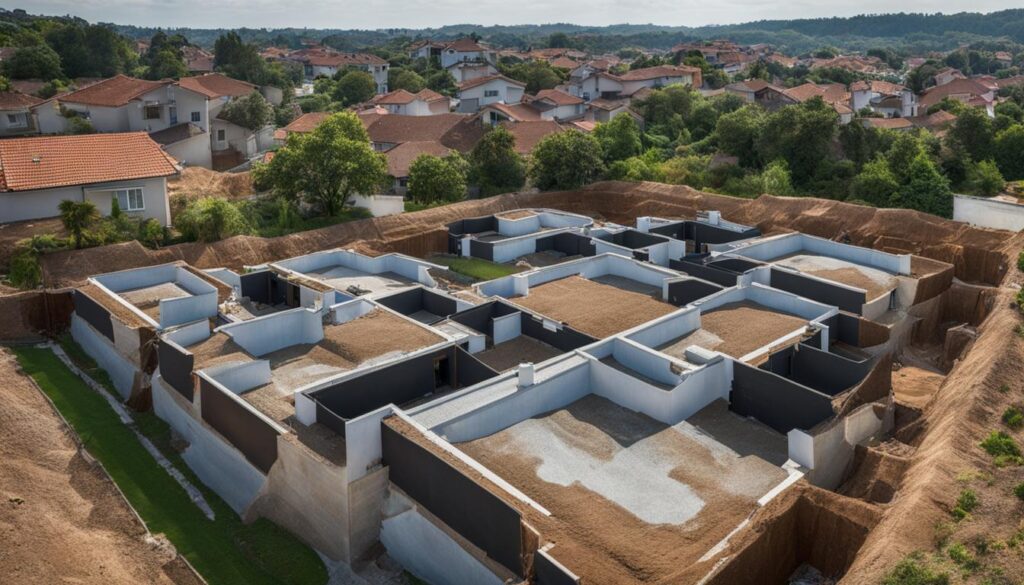
There are a wide variety of waterproofing systems available for foundations, each with their own characteristics and advantages. Generally, these systems are designed to prevent water from seeping into the foundation and to protect the structure of the house against moisture.
One of the most popular waterproofing systems for foundations is the use of a bituminous membrane. This is placed on the exterior of the foundation to help prevent water from seeping through the exterior walls of the foundation. This technique offers a wide range of waterproofing materials , such as modified or unmodified bituminous rolls, PVC or EPDM membranes, etc. These materials are chosen according to the specifics of each project, taking into account the required level of waterproofing, the geographical location of the building, the nature of the land, etc.
Another popular option is to use hydrostatic insulation. This process involves applying an insulating substance to the inside of the foundation before the walls are built. This helps prevent water from seeping through the concrete. The materials used in this process can be polystyrene boards or various liquid solutions that form a continuous waterproofing membrane around the foundation.
Regardless of the system chosen, foundation waterproofing is an important part of building a healthy and sustainable home. By preventing water infiltration, moisture and mold are prevented, protecting and extending the life of the building structure.
The importance of foundation waterproofing

Foundation waterproofing is essential to prevent water and moisture from entering your home. Lack of proper waterproofing can lead to mold and other health problems, as well as structural damage to the home. Therefore, it is important to invest in a professional waterproofing solution that provides protection against water infiltration and extends the life of the foundation.
There are many options available for waterproofing the foundation, including the application of bituminous membranes, epoxy compounds, polyurethanes or other specialized solutions. It is important to choose the solution that best suits the needs of our home, taking into account factors such as the type of soil or the level of humidity in the area.
A quality waterproofing solution can prevent health problems and protect the structure of our home for many years to come. Investing in professional foundation waterproofing is therefore one of the most important decisions we can make for our home.
The advantages of external waterproofing

An effective solution to prevent water infiltration through the outer walls of the foundation is external waterproofing. This method refers to the application of a waterproof membrane on the exterior of the foundation, providing an effective barrier against water.
The advantages of exterior waterproofing are multiple. First, it protects the foundation against moisture and other external factors, thus preventing the appearance of mold or other health problems due to high humidity in the home.
Also, exterior waterproofing can prevent damage to the foundation structure. When water seeps into the foundation, it can lead to increased moisture levels and damage to the building material. Exterior waterproofing can help prevent these problems.
Another benefit of exterior waterproofing is that it can increase the energy efficiency of the home. By preventing water infiltration, external waterproofing can reduce heat loss, which can reduce home heating costs.
Finally, exterior waterproofing can provide a long-term, cost-effective solution to protecting your home’s foundation. Investing in a professional exterior waterproofing solution can help prevent future problems and ensure your family’s comfort and health.
Materials used in foundation waterproofing
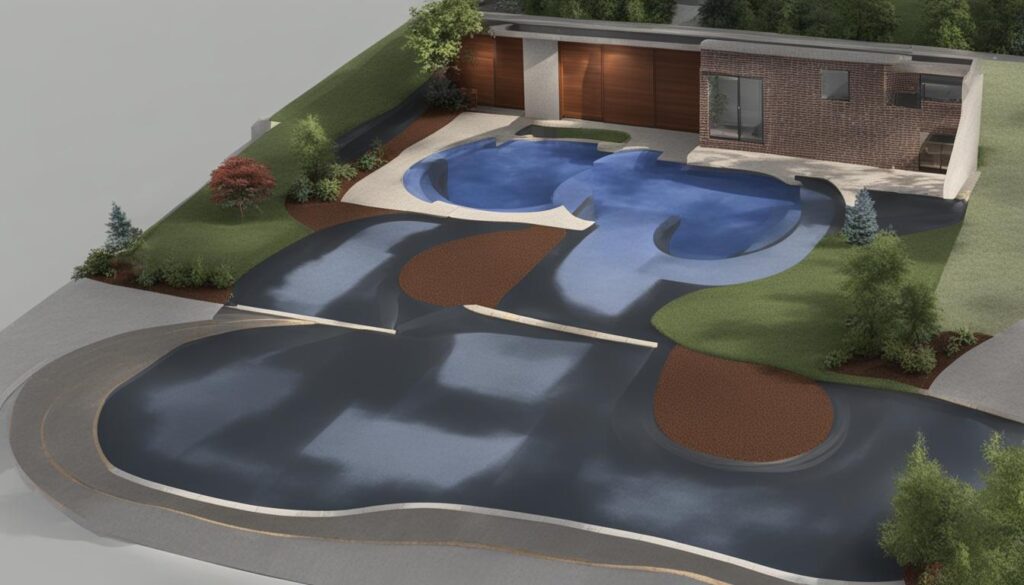
There are a variety of waterproofing materials available to protect your home’s foundation from moisture. Each material has its own characteristics and advantages, and the right choice depends on the specific needs of each foundation.
Bituminous membranes
Bituminous membranes are a popular option for waterproofing foundations due to their water resistance and durability. These membranes are composed of a mixture of asphalt and polymers, which give them a high bonding power and a high tear resistance. Bituminous membranes are easy to install and can adapt to the shape of any foundation.
Polyethylene sheets
Polyethylene sheets are another popular option for waterproofing foundations. They are made of a thin plastic material that can adapt to the shape of any foundation, and are available in a variety of thicknesses. Using a polyethylene sheet for foundation waterproofing is an affordable option compared to other materials and can be a good solution for foundations with little exposure to moisture.
Fiberglass waterproofing systems
Another popular material for waterproofing foundations is the fiberglass system. They are composed of a special mixture of glass fibers and resins, which give them high water resistance and long durability. These systems are easy to install and can adapt to any form of foundation.
Polyurethane foam boards
Polyurethane foam boards are another solution for waterproofing foundations. They are made of closed-cell polyurethane foam, which prevents water from penetrating the foundation. Polyurethane foam boards are easy to install and have a high thermal insulation capacity, which can help reduce heating and cooling costs.
In general, it is important to choose a waterproofing material that suits your specific needs and the characteristics of your foundation. Consult a waterproofing specialist to help you make the right decision.
Waterproofing techniques for foundations
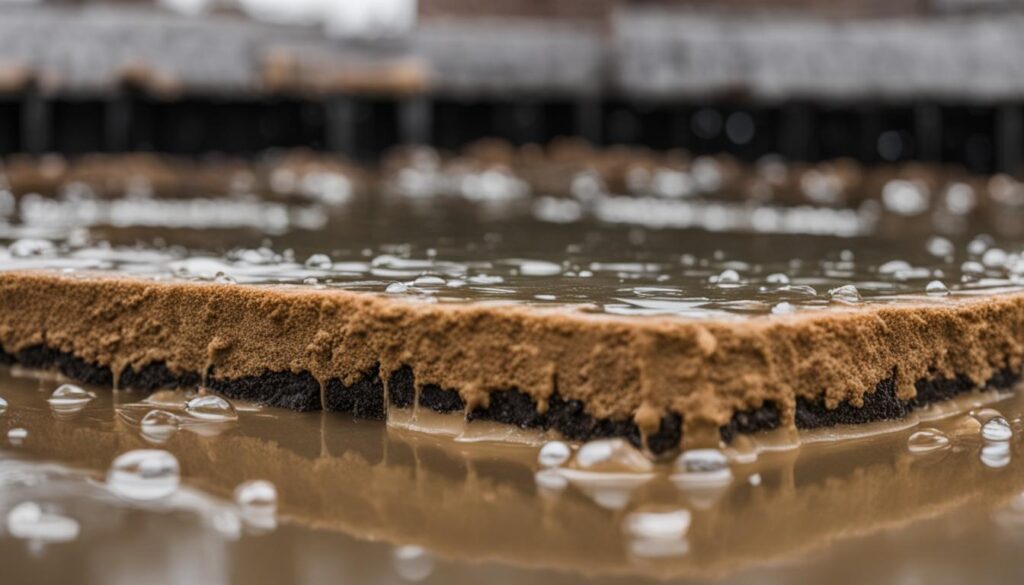
There are various waterproofing techniques available for foundations, but the most commonly used are hydrostatic waterproofing and waterproofing with bituminous membranes.
Hydrostatic isolation
Hydrostatic insulation consists of applying a layer of waterproofing material to the exterior foundation to prevent water from penetrating through the exterior walls of the foundation. This layer of material must be thick enough and must cover the entire surface of the foundation to provide effective protection against water infiltration.
To install hydrostatic insulation, it is important to prepare the surface of the foundation by removing any traces of dirt, dust or other debris. Then, the waterproofing material is applied, using a suitable method to ensure proper adhesion to the surface. It is important to work with care and precision to avoid any gaps or cracks that could allow water to enter the foundation.
Insulation with bituminous membranes
Bituminous membrane insulation consists of applying a layer of bituminous membranes to the exterior foundation to prevent water from penetrating through the exterior walls of the foundation. These membranes are made of modified asphalt and are approximately 4-5 mm thick.
To install the insulation with bituminous membranes, the surface of the foundation must be cleaned and prepared in advance, then the bituminous membranes are applied in overlapping layers. It is important to work with care and precision to avoid any gaps or cracks that could allow water to enter the foundation.
Both waterproofing techniques are effective in preventing water infiltration into the foundation and can be adapted to different specific needs and situations. It is important to choose the proper technique and work with a professional to ensure the correct and efficient installation of waterproofing for your home’s foundation.
How to choose the right foundation waterproofing solution
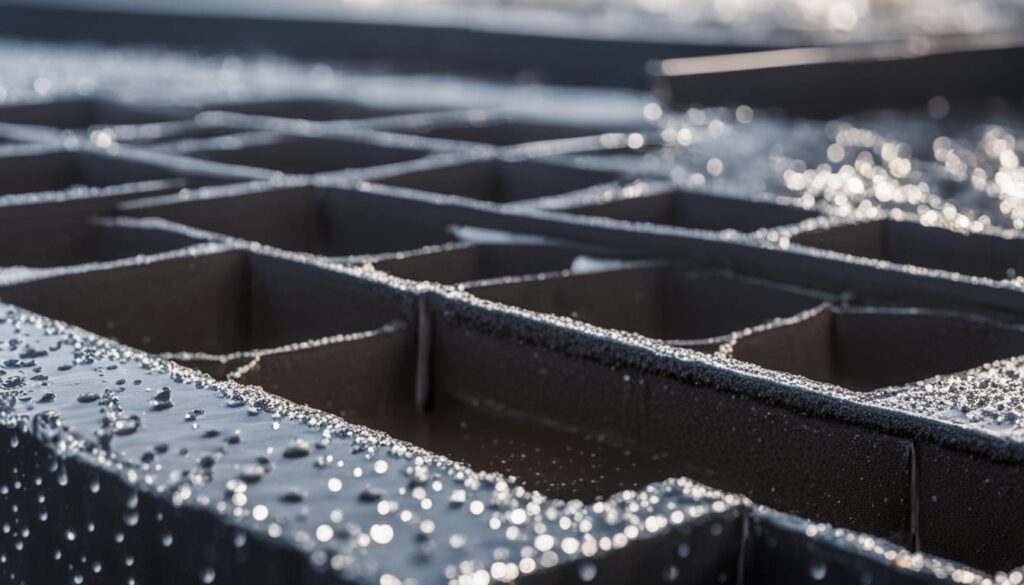
When it comes to choosing the right waterproofing solution for your home’s foundation, there are a few key factors to consider. First, you need to assess the level of moisture in the soil around the foundation and the degree of exposure to rainwater.
You also need to consider the type of foundation you have and the materials used for construction. Another important consideration is available budget, as certain systems and materials may be more expensive than others.
To make the right choice, it is recommended that you speak to a qualified waterproofing specialist or builder who can assess the specific needs of your home and provide helpful advice on which system and materials are most suitable for your needs.
To ensure effective waterproofing, it is important not to choose waterproofing solutions based on price or aesthetics alone.
Below are some additional factors to consider when choosing the right foundation waterproofing solution:
| Factors to consider | Description |
|---|---|
| Installation time | Some waterproofing systems can be installed faster than others, which can reduce labor and time costs. However, it is important to choose a solution that provides durable and effective long-term protection. |
| Compatibility with the substrate | It is important to select a waterproofing system that is compatible with the substrate so that it provides adequate protection against water infiltration. |
| The flexibility of the solution | To cope with temperature changes and ground movement, it is important to choose a flexible solution that can withstand mechanical stress and wear over time. |
| Cost efficiency | It is important to choose a waterproofing solution that offers a good ratio between cost and performance, so that you protect the foundation and save money. |
Choosing the right waterproofing solution for your home’s foundation can be an important and expensive decision. Because of this, it is important to consult a specialist and consider all relevant factors so that you can choose the best waterproofing solution for your needs.
Conclusion
Finally, it’s important to remember that foundation waterproofing is a must for protecting your home and your family’s health from moisture. Whatever type of waterproofing solution you choose, make sure it takes into account the specifics of your foundation and local conditions.
Additionally, make sure you choose a qualified professional to perform the waterproofing work. The investment you make in proper waterproofing solutions will have long-term benefits for your home and the health of you and your family.
Don’t forget that a properly protected foundation with a waterproofing solution is essential to avoid later problems caused by water seeping into the foundation. Use this information with confidence to make the right decision on the waterproofing solution for your home’s foundation and enjoy a healthy, moisture-protected home.
FAQ
What is foundation waterproofing?
Foundation waterproofing is a protective measure that involves applying specific materials or techniques to prevent water from seeping into your home’s foundation. This also includes basement and foundation perimeter waterproofing and plays a crucial role in preventing problems caused by moisture.
What waterproofing systems are available for foundations?
There are different waterproofing systems for foundations, which involve the use of various waterproofing materials and specific techniques. They provide effective protection against water infiltration and can prevent further problems caused by moisture.
Why is foundation waterproofing important?
Foundation waterproofing is extremely important because it prevents water from seeping into the foundation and preventing moisture and mold from entering your home. By using a professional waterproofing solution, you can ensure a healthy and safe environment for your family.
What are the advantages of external waterproofing?
Exterior waterproofing has multiple advantages, including preventing water from seeping through exterior foundation walls. This helps maintain the integrity and strength of the foundation, thereby reducing the risk of damage and protecting your home from moisture.
What materials are used in foundation waterproofing?
There are a variety of materials used in foundation waterproofing, such as bituminous membranes, polymer membranes, liquid waterproofing products, and more. Choosing the right material depends on the specific needs of your home and the recommendations of professionals.
What waterproofing techniques are used for foundations?
For foundation waterproofing, different techniques are used, such as hydrostatic waterproofing, waterproofing with bituminous membranes, waterproofing systems with polyurethane injections and many others. These techniques provide effective protection against water infiltration and prevent problems caused by moisture.
How to choose the right foundation waterproofing solution?
To choose the right waterproofing solution for the foundation of your house, it is recommended to consult a specialist in the field. They will take into account the specific characteristics of your home and give you useful advice and information to make the best decision according to your needs.
What is the importance of foundation waterproofing for your home?
Foundation waterproofing is critical to protecting your home from moisture and maintaining a healthy environment for you and your family. By preventing water from seeping into your foundation, you can avoid costly and potentially dangerous problems caused by moisture and mold.
